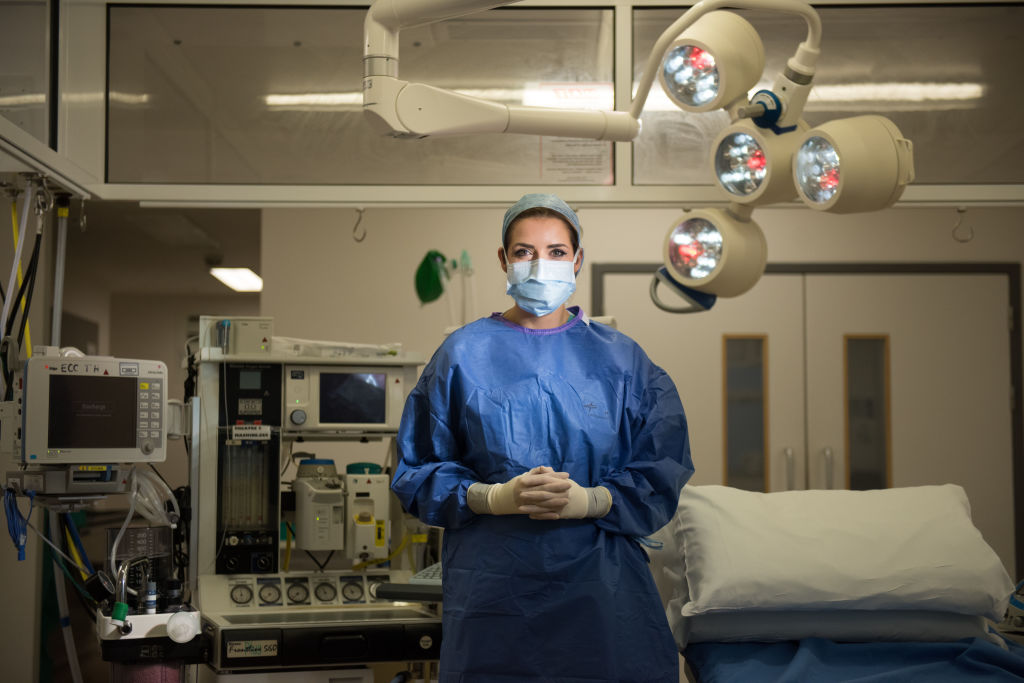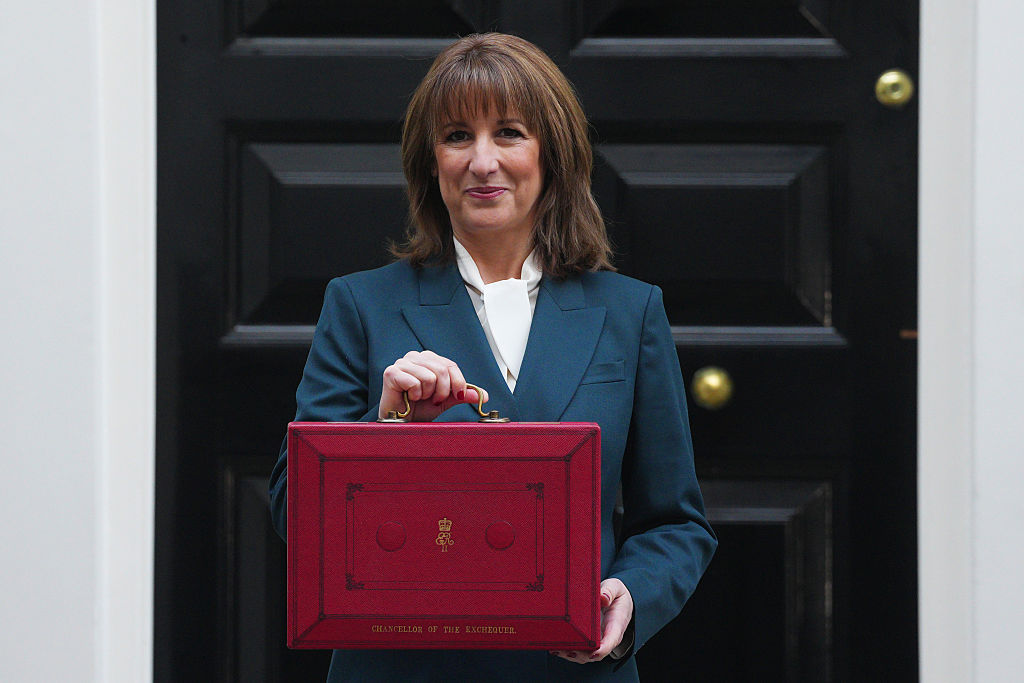Last week, amid a flurry of election policies and debates, a striking report found that cancer survival in England currently lags up to 25 years behind European countries like Sweden, Norway and Denmark. From bowel cancer to breast diagnoses, England is firmly lagging behind our Scandinavian neighbours. What’s to blame?
Why aren’t major parties discussing how this decline could be reversed in their manifestos?
The revelation by Macmillan Cancer Support is the legacy of many years of underfunding, resulting in delays to diagnosis and treatment. England has less scanners, beds, cancer specialists & nurses per head of population than comparable countries. An NHS spokesperson quite rightly pointed out that more patients are being treated for cancer than ever before and that cancer survival in England is at an all-time high – but that doesn’t mean our health service isn’t still struggling. The simple fact is that dedicated funding has not kept pace with the rising cancer incidence driven by an increasing, ageing and more and more unhealthy population. As a result, we still lag decades behind these European countries in terms of cancer survival.
Bowel cancer survival in the UK is 15 years behind Sweden in men, and 20 years behind in women. In women, breast cancer survival is 10 years behind Sweden and Denmark but, perhaps more worryingly, cervical cancer survival is 25 years behind Norway. The report is to be commended for presenting the data in a way that can be widely understood and for providing a fair comparison with countries that have similar healthcare systems and levels of wealth as the UK. In this way, it helps us make fairer comparisons – and locate the problems in our own service more easily. The vast majority of people in the UK should be extremely worried by these findings. We should be shocked that a country that has contributed so much to cancer research and innovation should now languish near the bottom of the cancer survival table behind other developed nations.
And this isn’t the only change in cancer statistics we should be focusing on. Increasing age is one of the most significant cancer risk factors, with over 90 per cent of cancer cases occurring in adults aged 50 or more. However, a new study from Cancer Research UK, presented at the annual American Society of Clinical Oncology (ASCO) conference this month, reported an increase of 24 per cent in UK cancer incidence in those aged 25-50, a steeper rise than in any other age group – with around 35,000 new cases a year.
There has been a swathe of reports by UK clinicians detailing an increase in early-onset bowel cancer. Indeed, there were multiple presentations at ASCO suggesting this could be related to harmful microbes, poor diets, processed foods and artificial sweeteners. While Britain’s diet certainly leaves much to be desired, this rise in early-onset cancer in the UK is not occurring in isolation. A study published in BMJ Oncology in September 2023 reported an increase by four-fifths in the global number of early-onset cancer cases.
In medical terms, ‘young’ tends to refer to those aged under 55 years old – much to the delight of some readers, I’m sure. Unfortunately in this case the new research finds that these younger patients affected by early-onset cancers were generally aged between 40 and 49. In 2019, early-onset breast cancer had the highest incidence in this age group – but the fastest increasing early-onset cancers were prostate and nasopharyngeal. And – with a slight nod back to the diet-related remarks earlier – the highest incidence rates were found in North America, Australasia & western Europe, suggesting a link with a western lifestyle. While we have known for some time that alcohol, smoking and obesity are associated with an increased incidence of breast and colorectal cancers, the most common risk factors associated with early-onset cancer were alcohol, smoking, obesity and several dietary factors including diets high in red meat or sodium, and diets low in fruit or milk.
We are just days away from a general election – but politicians rarely discuss these increasingly worrisome issues. Why aren’t major parties discussing how this decline could be reversed in their manifestos? Apart from a commitment by the Liberal Democrats to guarantee the right for cancer patients to start treatment within 62 days of urgent referral, there has been a deathly silence. And it is a deathly silence because, in late 2023, the Institute for Public Policy Research (IPPR) estimated that 18,000 deaths could be prevented annually if the UK survival just matched the European average.
When launched in 2020, the now abandoned National Cancer Plan had a target to increase the number of patients diagnosed at Stage 1 or 2 (early-stage) from 50 per cent to 75 per cent by 2028. We reached an abysmal 58 per cent in 2023 and with worsening delays to cancer diagnosis and treatment, this now seems completely unattainable. Political parties have to decide how best to allocate funding across all our public services but, there has never been a more important time for implementation of the 2021 cross-party Cancer Summit Report. This recommends ring-fenced funding for cancer services – with oversight by a government minister plus an advisory group of cancer experts. A radical new cancer strategy is needed – with strong public health messaging to match. Without such an intervention, there will be little improvement in cancer survival. It is therefore imperative that we continue to argue the case for adequate funding for better research across the UK. At the moment, cancer care may currently be free at the point of delivery but it is far from freely available.







Comments